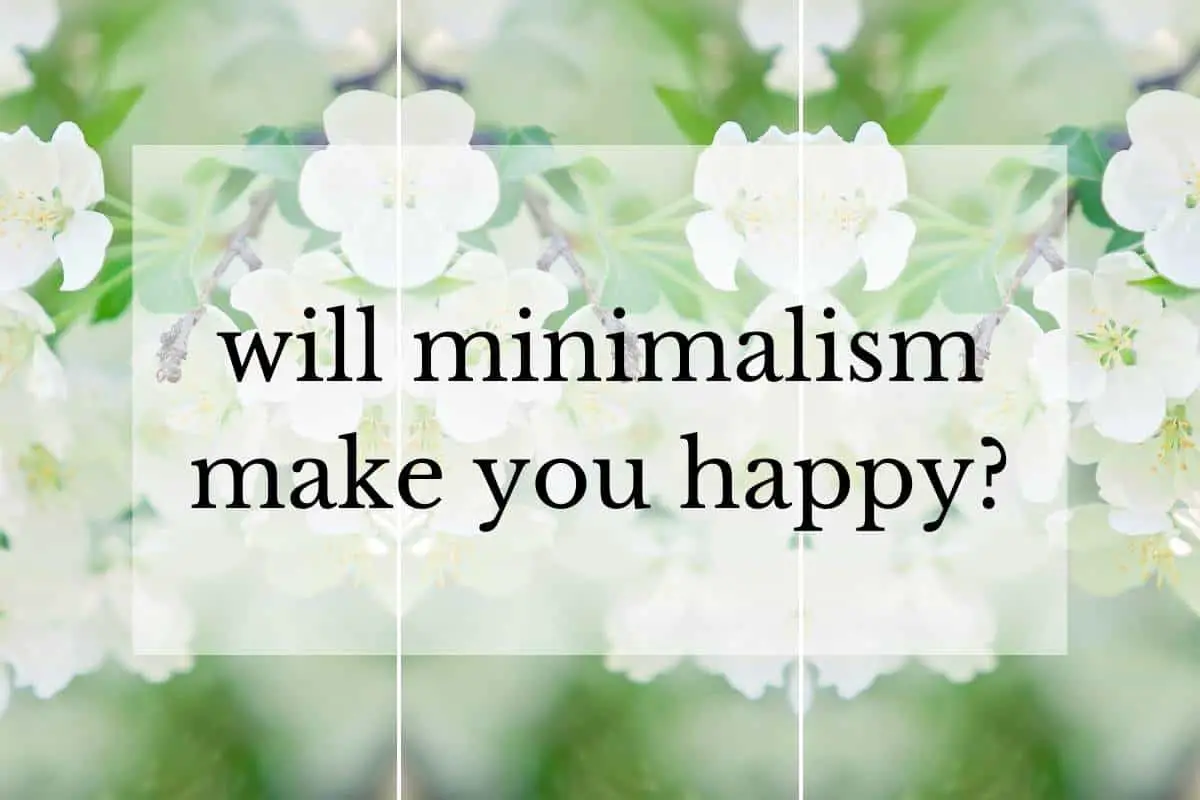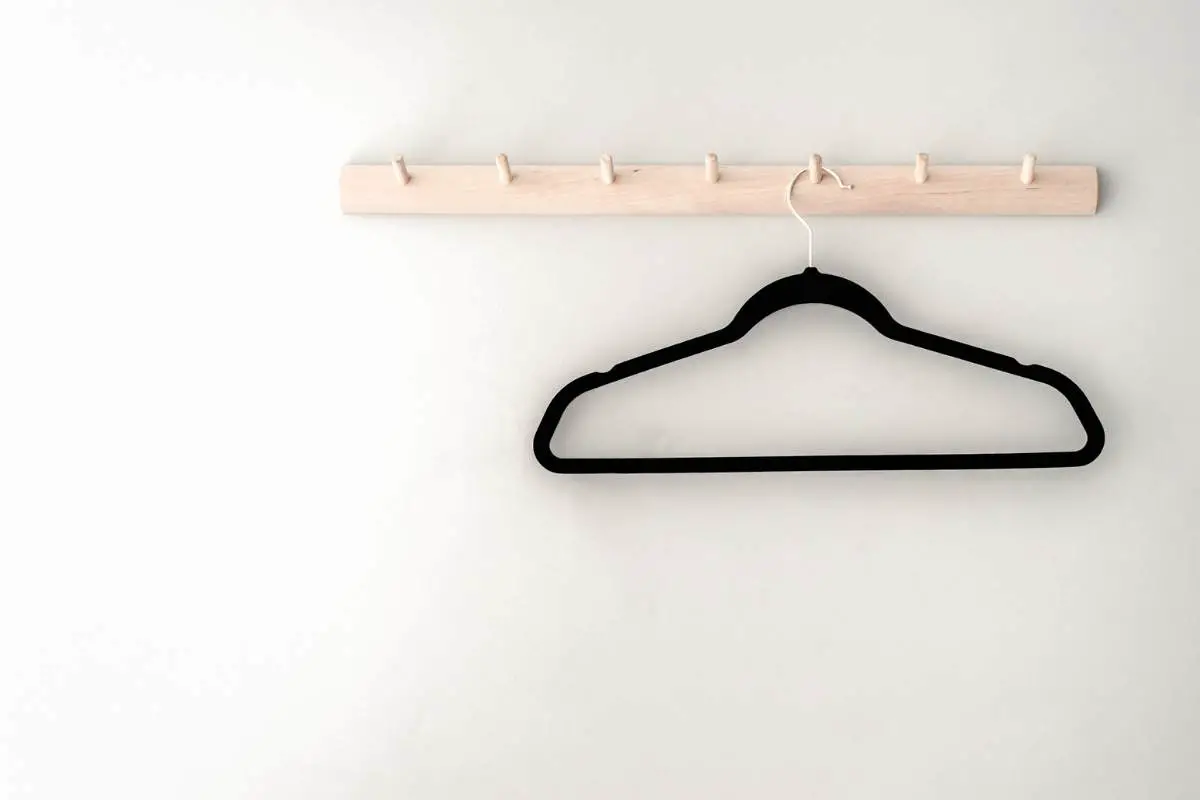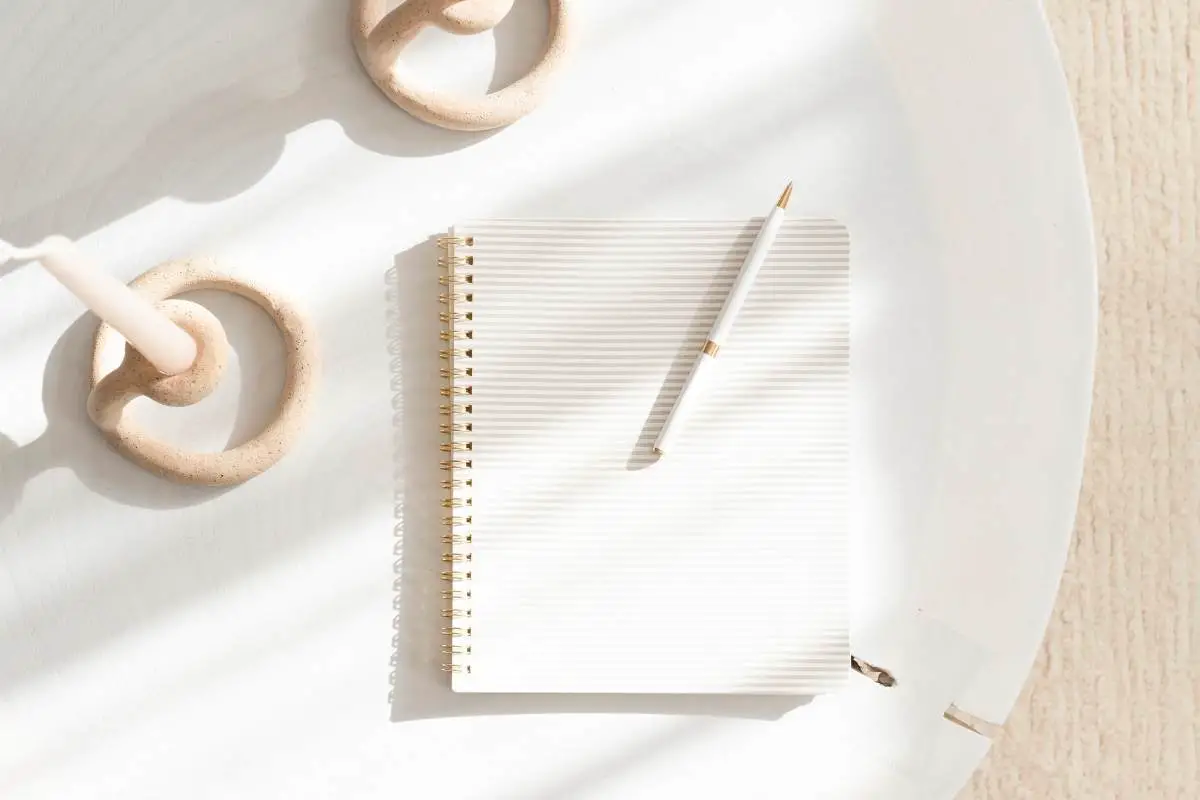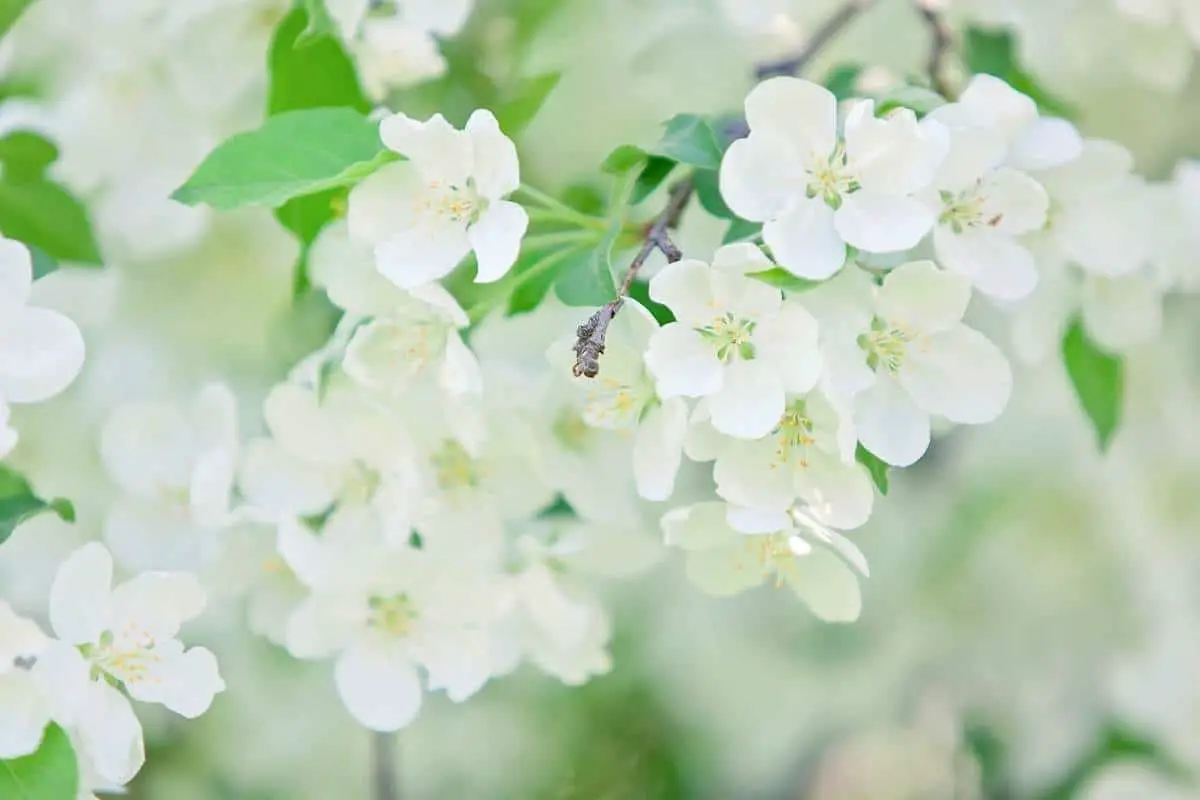Living in a busy, cluttered world can be overwhelming. It’s hard to focus on what you want when there is so much emphasis on consumer culture and keeping up with the Joneses.
Minimalism is an art form of living with less. Minimalism is not about giving up all your belongings or becoming a hermit; it’s about finding peace in simplicity by letting go of excess clutter and focusing on what matters most to you.
Living with less is one thing, and finding contentment is quite another.
Let’s explore the question: does minimalism make you happy?

Will minimalism make you happy?
As a general rule, practicing minimalism will not make you happy all by itself. Finding freedom from material objects and having more free time can make you happy. But “trying minimalism” in an attempt to be happy is no different than going shopping to be happy, and happiness is much more complicated than that.
For some people, minimalism is the key to becoming happy and healthy; but it can be a constant journey of frustration for others. Minimalism is a tool, not magic.
Why a minimalist lifestyle improves some people’s lives
Everyone has different lives, needs, and wants, so there’s no right or wrong way to practice minimalism.
It’s all about finding what works for you.
There are many benefits to practicing minimalism: increased productivity, more time and energy to focus on your passions, and a cleaner home.
Minimalist lifestyles usually require less time spent on cleaning, organizing, and maintaining possessions.
Hence You can use the extra hours for other things like work, family events, or hobbies.
Some people find that they are happier after adopting a minimalist lifestyle. The reason is that they don’t have to spend all their time arranging stuff and working to acquire more material possessions ever.
Too much stuff=stress?

For many, few things equal less stress. Reducing clutter in your home and getting rid of excess possessions can be very freeing because you no longer have to worry about taking care of all those things.
But some people have no problem living with lots of stuff. For many, decluttering is actually stressful. Minimalism requires a considerable commitment to change your life around, and it can be challenging to think about throwing out or donating all the items in your home that you may hold dear.
Minimalism can also clash with traditions and cultural values.
For example, some cultures value possessions and living in excess; minimalism is seen as a reflection of poverty or lack of prosperity. For folks who grew up learning that owning lots of stuff equates to wealth and status, it’s hard to break from those traditions.
For others, minimalism can make them feel like they are missing out on things.
Since all their friends and family are buying new homes with bigger spaces for more stuff, they may feel that it’s not okay to be less materialistic or that they will look like poor relations when everyone around them is moving up in the world.
Minimalism raises questions about identity
It can be hard to let go of all your material possessions in a world where what you own defines who you are.
This can result in cognitive dissonance, where people feel like they’re constantly resisting their own impulses toward materialism.
How fewer things can improve your life
So we’ve discussed some reasons why minimalist living will not make you happy. But the truth is, there is absolute freedom in the minimalist movement. It appeals to so many of us for a reason.
Here are some reasons why:
- fewer possessions means less to clean, organize, and worry about
- if you buy less on, you’ll have more money for saving, investing, or travel
- more space in your house once you get rid of extra material goods
- if you have friction in your relationships due to spending money or having too much, this can help
- less stress: no more stressing about who has the most impressive technological gadget, no more mulling over the things that you wish you could have
Minimalism and your well being
There’s more to minimalist living than less stuff. There’s also paring down your commitments, schedule, unhelpful thoughts in your head, and even the apps on your phone.
Take a look at your to-do list and see what you can cut.
The freedom you gain from minimalist living is freedom from the burden of obligation, freedom to focus on your passions, and freedom to live a better life.
❤️ Related: How to Tackle Mental Clutter
Is becoming a minimalist worth it?
Minimalism can be a path to happiness and contentment, and living with less is certainly preferable to accumulating more.
Happiness takes many forms, so if you feel like minimalism will work for you, then give it a try! But don’t expect that changing your lifestyle will automatically make you happy. It isn’t that simple. And you’ll have to work hard at it.
Start small and practice a few principles of minimalism for a while before you jump in with both feet. See if it works for you, and if so, keep going!
If not, you can always change back or give up altogether.
There’s no reason you have to be a minimalist for the rest of your life. But becoming a minimalist has helped so many people become happier with their lives, and hopefully, it can do the same for you.
Little steps on your journey to less stuff

The best way to find out if minimalism makes sense for you? Try it out! Here are some ways to embrace the minimalist mindset without going nuts.
- Try a capsule wardrobe for 30 days. Put all but your most-used clothing articles into a big box and live with just 12-16 pieces. Love it? Keep declutttering
- Read some minimalism books. A great start isThe Life Changing Magic of Tidying Up.
- Spend ten minutes per day throwing out old junk. Decluttering a little at a time is an easy way to get started.
- Let go of one thing every day for a year. This is the ultimate challenge!
I hope that this article has given you some insight into the benefits of minimalism. If your lifestyle is chaotic, cluttered, and stressful due to everything in your home or office, then it may be time for a change! There are many reasons why people choose to go with less stuff. The minimalism movement can make you happier if it aligns with your vision for your life, but it’s not a magic happiness cure. Try it, and see what you think.

